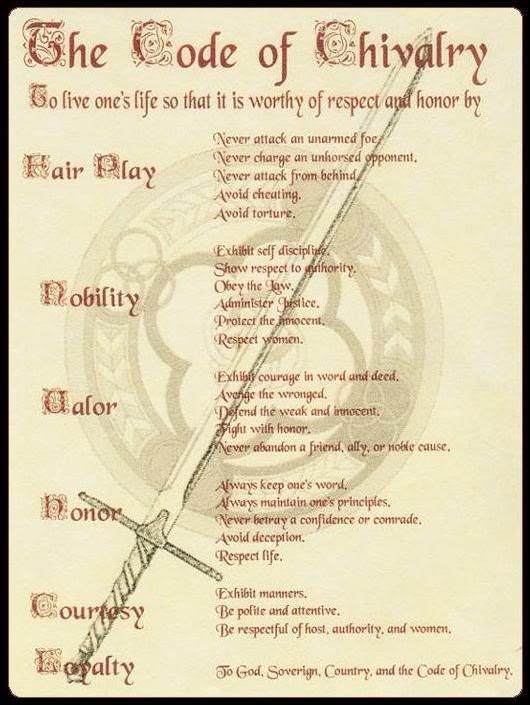Yvonne Tsui and Paggie Leung
Nov 17, 2009
“It takes me more courage to survive than to die,” Lok Wai-kin, a former firefighter who has been a tetraplegic since a road accident in 2004, said outside the Court of First Instance yesterday.
Lok made the painful summation of how difficult his life was after reaching an out-of-court settlement on a HK$42.56 million claim against the driver and the owner of the car that ran into his motorcycle on Route Twisk in February 2004, leaving him paralysed from the neck down.
Lok, now 34, sustained severe injuries that left him in a coma for two days from which he awoke to find he could only move his head and shrug his shoulders, with no control or feeling over any other part of his body.
After three years in hospital, Lok still requires 24-hour care and a home that can house his bulky wheelchair and a gurney upon which he lies to shower.
“I wanted a mercy killing,” said Lok outside court yesterday, recalling days spent lying in a hospital bed. “All I could do was stare at the ceiling. You better save your tears for when someone is there because otherwise they just hurt your eyes.”
When asked if he was married, he replied: “Almost.” He said he let his girlfriend, aged 25 at the time, go because he thought a life with him would be so unfair to her. He has since lost contact with her.
Lok also lost his job.
“I wanted to be a fireman so badly that I sat for the recruitment tests twice before I was enrolled,” he said.
But he said he had not given up on life. “I can no longer save people, but I can talk to people,” he said. “I tell people my story and show them how they should treasure their lives.
“I have to live and this requires more courage [than dying]. If I died, I would not have to face so many problems. [If] I can survive like this, those who are healthy and able should treasure their lives.”
Lok filed his claim for damages against driver Chow Shing-woon and car owner Chow Shing-kai in 2007. The two defendants were adjudged liable to pay damages on February 23, 2007.
An out-of-court settlement was reached on the amount of damages yesterday but it is to remain confidential. It is, however, believed to be one of the largest such settlements in Hong Kong’s legal history.
Lok’s barrister, Andrew S.Y. Li, yesterday asked Recorder Benjamin Yu SC to approve the settlement.
“For [Lok], it has been an arduous journey to get to this point,” Li said. “Although he realises that whatever compensation he may get, he will never get his previous life back, he wants society to know that if you drive carelessly or recklessly, like the defendant in this case, it may not affect your own life but you may wreck the life of another person.”
Chow Shing-woon had been convicted of careless driving and fined HK$1,200, the lawyer said in court.
Yu approved the settlement.
Insurance firms pay at least some damages in most such cases, lawyers said, and the driver might also be liable for compensation.
Under the Motor Vehicles Insurance (Third Party Risks) Ordinance, a driver must be insured for third-party death or injury. Third-party liability for such accidents in Hong Kong is capped at HK$100 million. In addition to compulsory coverage for third-party bodily injury and death, a portion of that sum may be applied to third-party property losses.








